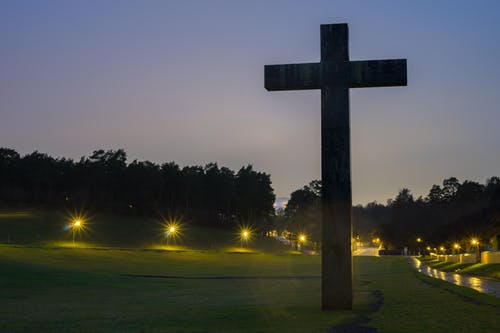
Will the Georgian Orthodox Church Recognize Patriarch Bartholomew’s Primacy in Orthodox World?
Tamar Lomidze – OCP News Service – 2/6/19
The Synod of the Georgian Orthodox Church is about to convene in next few days. A group of hierarchs allegedly led by Metropolitan Daniel of Chiatura and Sachkhere is up to discuss the recognition of the Orthodox Church of Ukraine (OCU), which was established in Kyiv in December 2018, and received autocephalous status from the Ecumenical Patriarch.
Constantinople is especially interested in the OCU recognition. If recognized, metropolitan Epiphanius and his organization can augment the Ecumenical Patriarchate’s power in the Orthodox world, weaken the Moscow Patriarchate’s influence and allow the Patriarch of Constantinople to make decisions on extremely important matters for Orthodoxy by sole authority.
Local Churches are in doubt: despite pressure, none of them has recognized the OCU yet. How could autocephaly have been granted to the Ukrainian Church if it still lacks unity, and some parishes seize the churches of other parishes? Why was autocephaly granted solely by Patriarch Bartholomew, without any discussion with the other Local Churches? Why there was so much haste with the Tomos, why did it happen shortly before the electoral campaign of Ukraine’s former president Poroshenko? Could the Ukrainian autocephaly cause a schism in the Orthodox world? These and other questions were addressed to Constantinople delegations by Local Churches before and after the OCU was established.
Some Local Churches have opposed Patriarch Bartholomew’s policy – including the Patriarchate of Antioch, which once granted autocephaly to the Georgian Orthodox Church; and the Patriarchate of Serbia, which claimed that the OCU hierarchy hasn’t got canonical succession. Archbishop Chrysostomos of Cyprus and Archbishop Anastasios of Albania asked Patriarch Bartholomew to convene the Synaxis of Primates but he firmly refused.
The OCU’s future is uncertain; the relations between the groups which formed it are unstable. Even now there is a conflict between Filaret Denysenko, the honorary patriarch of the OCU, and its formal head Epiphanius. This conflict undermines the OCU unity and can lead to its breakup in the nearest future.
If the Georgian Orthodox Church recognizes the OCU, it won’t be able to independently deal with its own issues. Abkhazians have already asked to be allowed to join the Ecumenical Patriarchate and receive the status of autonomy. Metropolitan Emmanuel of France once hinted to the Catholicos-Patriarch at the fact that the Abkhazian plea can get a positive answer if the Georgian Church doesn’t support Constantinople. But now Constantinople pretends to have the right to grant autocephaly anywhere across the world. If we recognize the OCU, we will let the Greeks in to the canonical territory of the Georgian Church.
During the previous meeting of Constantinople hierarchs with Ilia II in Tbilisi, one of the Ecumenical Patriarchate’s representatives, metropolitan Amphilochios of Adrianopolis is said to have begun his speech with the words: “There is an opinion that the Orthodox Church is led by Jesus Christ. But in fact the Church is led by the Ecumenical Patriarch.” The Catholicos-Patriarch seems to disagree with this statement. Those Orthodox hierarchs who are famous for their spiritual experience and purity of their edifying life disagree with that either. For example, Archbishop Anastasios of Albania, who restored his Church after communist repressions and who is already considered to be saint by many Greeks.
The Orthodox Church has never followed the suit of Roman Catholics. But those of spiritual clarity understand that the Orthodox Church is facing a new large-scale threat, and the Ukrainian issue is only a part of it.
Source:
Tamar Lomidze


89965 312487learning toys can enable your kids to develop their motor skills quite easily;; 550313
212990 959702Outstanding post, I conceive men and women should larn a good deal from this weblog its quite user friendly . 729535